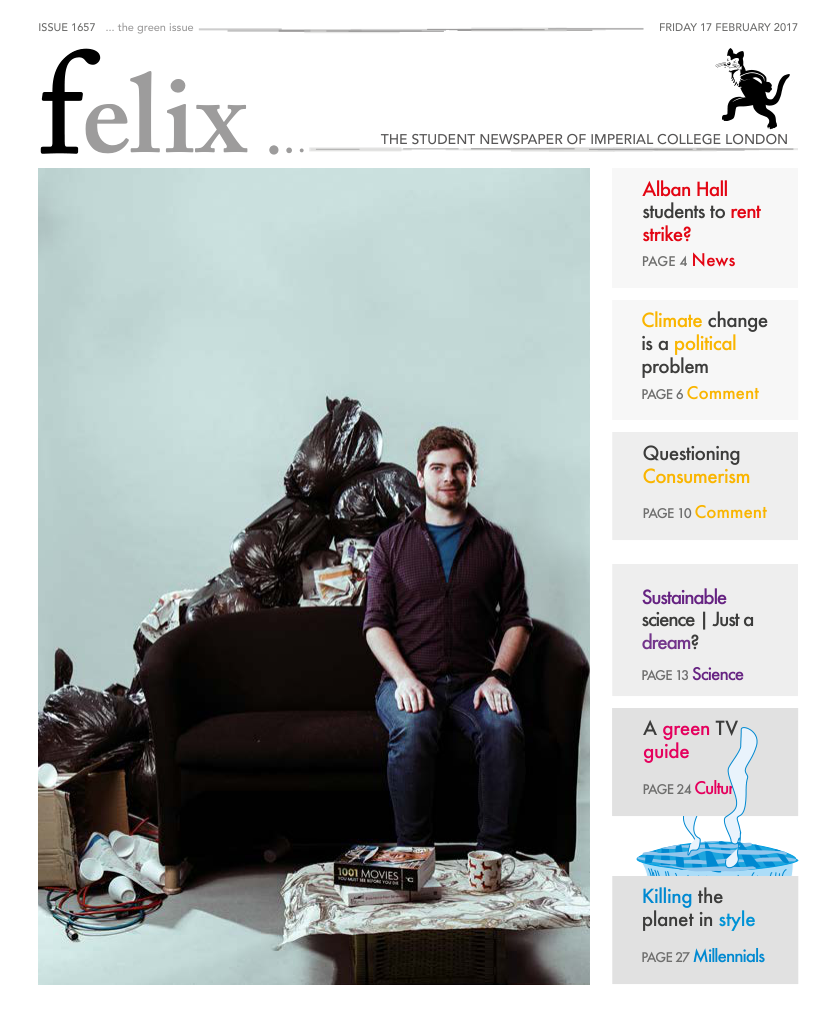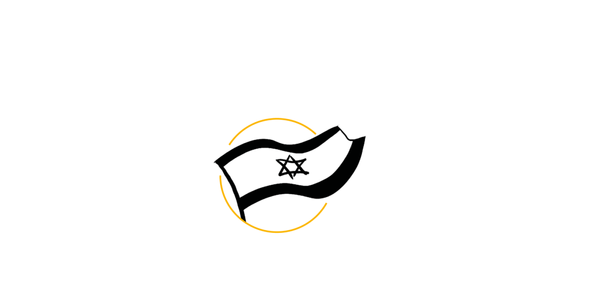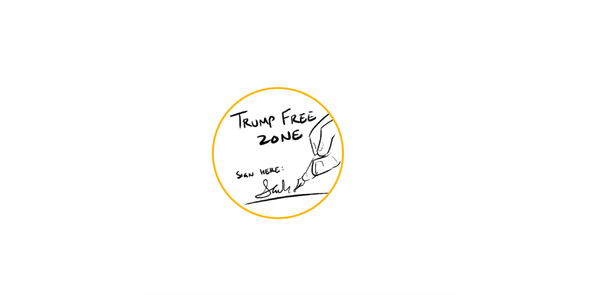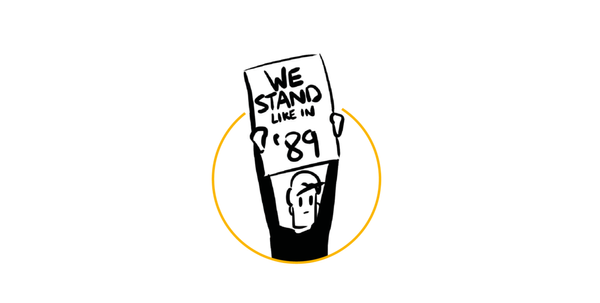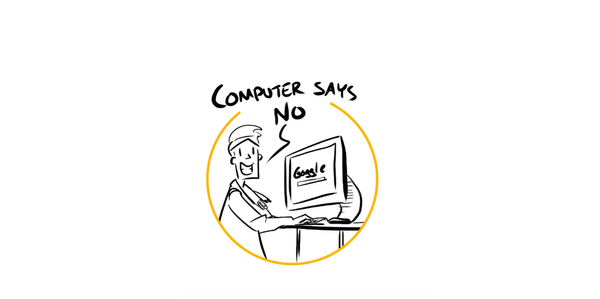Being Black and Muslim in the UK
Omer Mohamed discusses his intersecting identities

The US is what most of us think of when we think of Black Civil Rights, which is where the movement was the most prominent, but seldom do we realise or remember what people in our own communities go through. The recent race row at Oxford University, in which students received an email from staff warning them to be 'vigilant' because a black graduate, Femi Nylander, was seen walking through college grounds, is a true wake-up call. Another investigation last January was called at Cardiff University after 32 undergraduates were suspended from clinical practice, after several others of African heritage, complained about a play performance where a medical student “blacked up” to impersonate a lecturer. Suddenly the wake-up call becomes an edgy, max-volume Monday-morning alarm. These are two of many examples from the university (Latin: universitas, "a whole") scene – yet we’re supposed to be on the side of New Year where the grass is greener.
September 2017 sees the launch of the Black Studies course at Birmingham City University, the first of its kind in all of Europe. Given that Black Studies has been a part of US higher education since campaigning during the 1960s, the availability of courses in the UK is long overdue. Campaigns such as Why is my Curriculum White? show that these hopes are mirrored by students. A survey conducted in 2014 by the NUS Black Students Campaign found that, "42% did not believe their curriculum reflected issues of diversity, equality and discrimination." This did later lead to Universities Scotland producing the race equality toolkit, Embedding Race Equality into the Curriculum, and OCR rolled out a new module in GCSE History called Migration to Britain c. 1,000 to c. 2010, highlighting early Black presence in Britain. Steps forward and yet we are moving backwards – maybe we are just moonwalking?
I personally believe debates are won on the ground, with grassroots activism and with the patience to stand face-to-face with your opponent, bear their insults, then convince them that they were mistaken.
The problem is, we have some walls in our own social structures. As a Black Muslim myself, with a bristling black beard, I really do feel locked in a cage that contains me and my painful silence. That is, me speaking out would not be seen as ‘grassroots activism’. Instead, I would simply be lending to the stereotype of an aggressive Black man or terrorist. The most hurtful of these experiences happen when my mother is involved. She may be driving along, then as she looks over her shoulder in that elegant hijab, she would be met with a terrifying racial slur from the driver on the right. And it’s so frustrating in those situations when I know I can’t do anything about it. If you turn to the driver and say “Hello there”, he may accuse you of blurting “Allahu Akbar” (I have seen this happen to others before, and so you just do nothing.
But, as a Black Muslim, I also draw hope, optimism and strength from my faith. Personally, I look to those moments when my Prophet Muhammad received complaints from a Black companion that another companion made a racist remark, so Muhammad rebuked the offender “You are a man in whom there is some Jahiliyyah (ignorance)”. That transformative power completely changed the sentiments and views of an entire nation within the span of a 23 year struggle. The culmination of this was when Muhammad stood up on Mount Arafah and delivered the famous Farewell Sermon (included in the Folio Book of Historic Speeches), among the final few words he imparted on the listeners were:
“… An Arab has no superiority over a non-Arab nor a non-Arab has any superiority over an Arab; also a white has no superiority over black nor a black has any superiority over white except by piety and good action.”
A most profound statement, which we learnt from our childhood days in the mosque, and have never forgotten since. And the whole story teaches me that no matter how big the hurdle is, with patience and perseverance any reform is possible.
Nowadays, there are those who say religion belongs in the past, but based on my experiences, I can say that my Islam is very relevant to my blackness. It is a pool of inspiration for me as a Black man, and it provides a timeless framework for how people of all ethnicities can come to know each other. Mahatma Gandhi did say: “When I closed the second volume (of the Prophet’s biography), I was sorry there was not more for me to read of that great life.”
Next week sees Imperial ACS collaborating with ISoc to explore the fascinating relationship between Islam and Black History during Imperial's Discover Islam Week.

